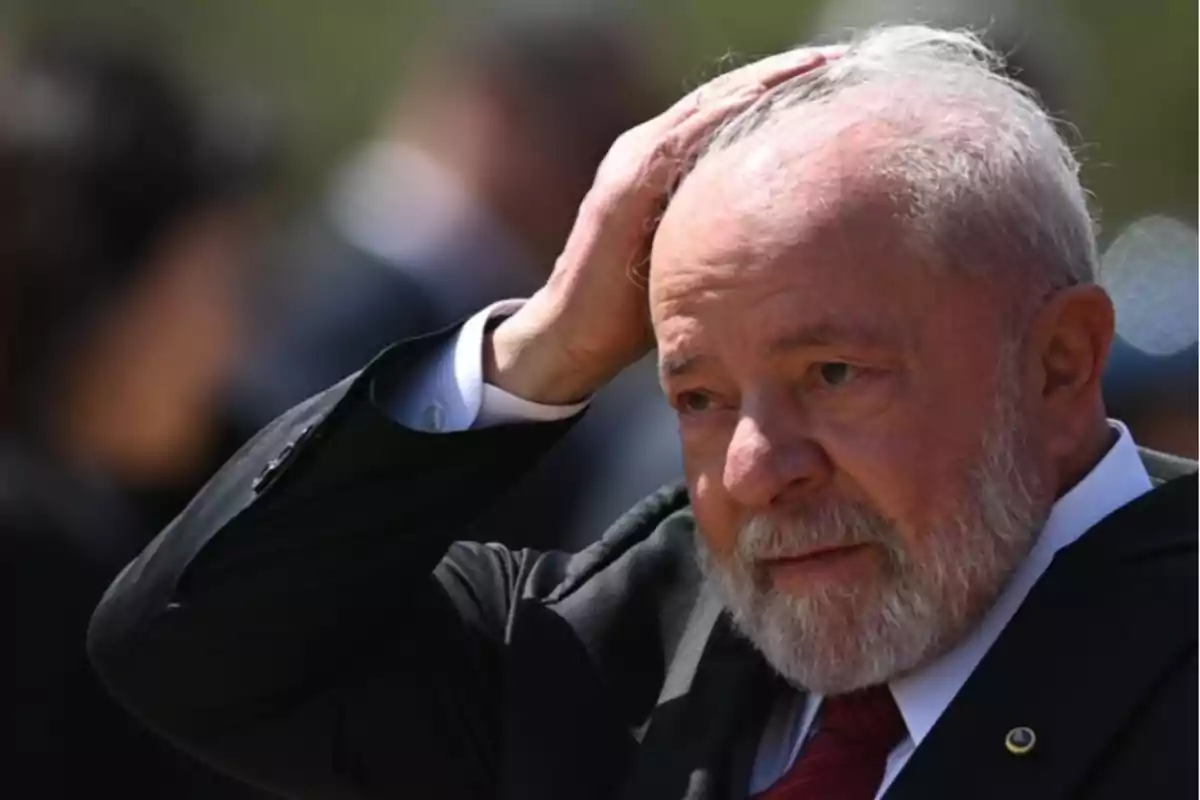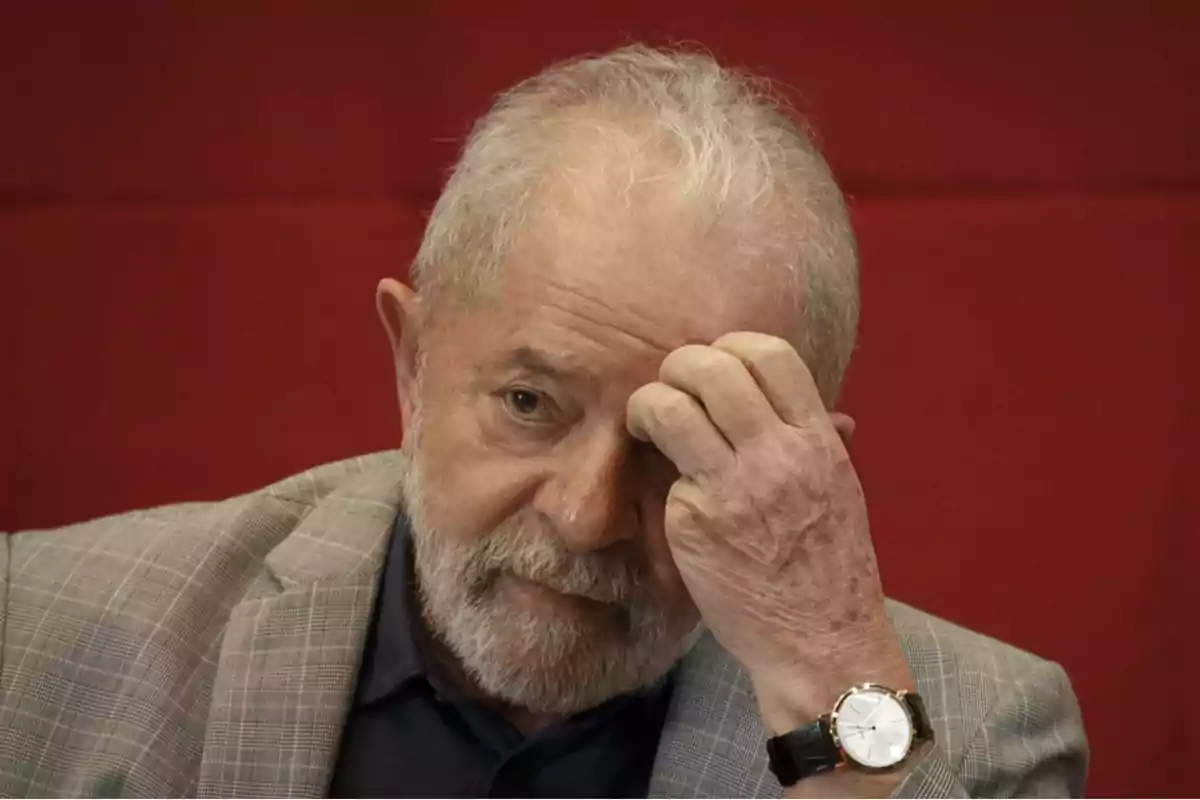
Heavy blow to Lula: Congress halts his outrageous tax increase
The defeat was particularly significant because even parties allied with the government voted against it
Brazil's Congress dealt a heavy blow to leftist Luiz Inácio Lula da Silva on Wednesday by overwhelmingly annulling three decrees that increased the tax on international transactions. The decision represents a political setback to the government's attempt to avoid fiscal adjustment while continuing to expand public spending.
The Chambers of Deputies and Senators consecutively voted to revoke the increase in the Tax on Financial Operations (IOF), which Lula had decreed in May. This tax affected credit card spending abroad, remittances overseas, and business loans, among other operations.
Even Lula's allies rejected the plan
The defeat was particularly significant because even parties allied with the government voted against the decrees. The driving force behind the annulment was the Liberal Party (PL), of former president Jair Bolsonaro. Lawmakers from that caucus argued that the tax hikes would harm the middle class, trigger inflation, and further punish domestic consumption.
"Lula seeks to comply with the fiscal rule without giving up his obsession with uncontrolled increases in public spending," stated Deputy Luciano Zucco, author of the approved bill.
The current fiscal rule in Brazil requires public spending to grow below certain limits until 2026. To avoid cuts to social spending, the government intended to compensate with higher taxes. It estimated that this IOF increase would raise about 12 billion reais (approximately 2.1 billion dollars) in 2025.

Criticism of a government that "only wants to collect revenue"
During the legislative debate, several deputies harshly questioned the Executive's fiscal strategy. Sostenes Cavalcante, also from the Liberal Party, described the government as "incompetent" and accused the administration of acting solely for revenue purposes.
"Lula's government is more concerned with continuing to spend than with putting the accounts in order. There is no willingness to reform the State or to adjust the size of spending," Cavalcante stated.
Meanwhile, government lawmakers tried to justify the tax increase by pointing out that without that revenue, they would be forced to cut social programs. Lindbergh Farias, leader of the Workers' Party (PT), warned: "We'll have to make cuts to social programs and workers' rights; we want the rich to pay the bill."
Inflation and uncontrolled spending worry the market
Meanwhile, the Brazilian economy is showing warning signs. In May, year-on-year inflation climbed to 5.32%, a figure that is causing concern among investors. In turn, the Brazilian real reached its lowest point against the dollar in the first quarter of the year, following the presentation of a controversial government bill to exempt middle-income sectors from income tax, without clear compensation.
Although the currency managed to recover partially, doubts persist in the markets regarding the fiscal sustainability of a government that continues to prioritize spending over macroeconomic stability.
More posts: